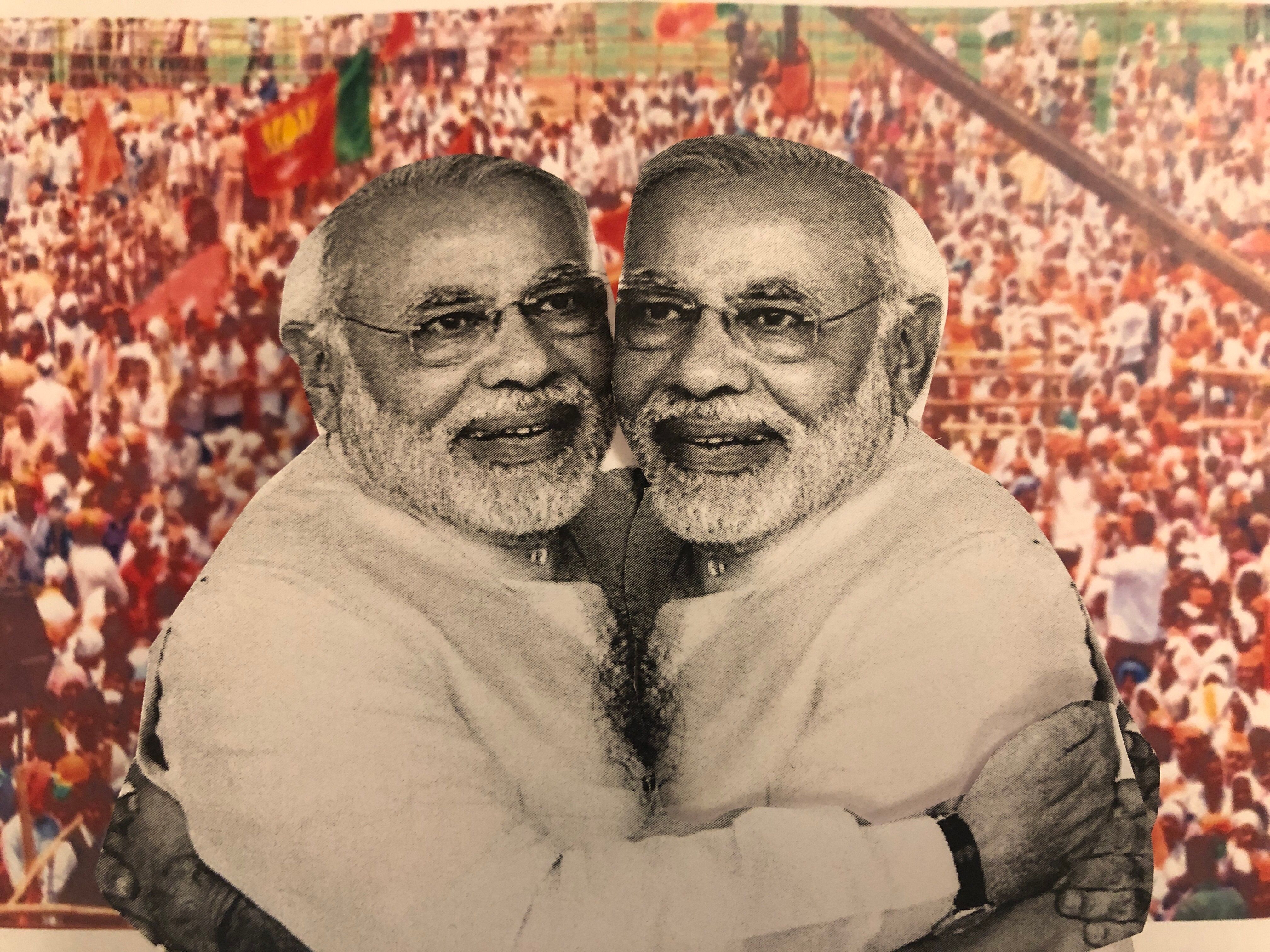It was inevitable that Prime Minister Narendra Modi would make India's elections a referendum on Narendra Modi, and now that the vast majority of 600 million votes cast have been counted, it's clear he made the right call.
In 2014, his Bharatiya Janata Party (BJP) won more seats in India's lower house of parliament than any party in 30 years. In this election, he appears to have exceeded that accomplishment, and he's now the first Indian leader in nearly half a century to win a single-party majority twice in a row.
Never mind that on his watch India's unemployment rate has reached its highest point since the 1970s or that farmers face a crisis as prices for their produce have plunged. Set aside the bungled policies on other pocketbook issues like taxes and the availability of cash. Or that promises on development goals have not been fully met.
Exit poll questionnaires reveal that hundreds of millions of Indians want a "strong" leader, one who makes them proud of their country, and Modi's five years in charge have persuaded them he's the man for the job. Many are inspired by his determination to bring religion and Hindu identity more directly into public life in a country where past governments have treated official secularism as a safeguard against communal violence.
His supporters want a leader who speaks to them directly and forcefully. He's done this with fiery speeches at raucous rallies to cheering crowds decked out in orange baseball caps adorned with the phrase "NaMo Again," amplifying his message for tens of millions of followers on social media. He's now the world's third most-followed world leader on Twitter and number one on both Facebook and Instagram.
The challenge: But now it's time for NaMo to pivot from the poetry of politics to the prose of policy. He'll set forth an ambitious agenda in coming days, something in keeping with the grandiose 100-plus-page policy document he issued following his victory five years ago.
His toughest challenges will come on land reform, which allows government to buy private land to build urgently needed infrastructure, and on policies that help business create the one million jobs per month that India needs for its growing population of young people.
The bottom line: Love Modi or hate him, don't underestimate his ability to sell his vision across the world's most diverse nation. He has proven once again he's among the savviest politicians alive today.
